
Where did Immerse come from? Turns out, it’s the result of over a decade of research and experimentation by the Institute for Bible Reading (IFBR), the creators of Immerse.
We caught up with Glenn Paauw, Senior Director of Content for Institute for Bible Reading, to dig deeper into the history, research, and mission behind Immerse.
Tell us about the Institute for Bible Reading and its mission:
The Institute for Bible Reading (IFBR) is a nonprofit ministry working to change the way the world reads the Bible. Coming out of a long history in Bible publishing, our founding team members have both the experience and passion to focus on the vital mission of making sure people not only have Bibles but also read and understand them.

We believe that the ongoing research into the place of the Bible among God’s people reveals a glaring problem. The lack of attention to the Bible, of sustained reading, of knowledge and understanding is an epidemic. Some voices are even promoting a “Bibleless Christianity”—growing out of their own inability to understand how the Bible really works and informs our faith. It is crazy that the church has been given this essential gift from God, yet it is not intimately familiar with it. Christian communities often take the Bible for granted. “Of course we’re biblical,” we say. But are we? Do we actually read the Bible? Do we understand how it works? Do we have a good pathway for living out its ancient story in our own world?
These are the questions that animate the work of IFBR. Our goal is to do new, ground-breaking research into what is actually happening with the Bible in our churches. We listen and learn from the finest biblical scholars about the meaning and context of the Bible. We interact with pastors and church leaders to hear their concerns and needs. Then we work hard to translate all this learning into real help and real resources for the life of the church. We provide education and resources like Immerse that are well-informed by the best insights of scholarship yet straight-forward and accessible to everyone.
We’re an activist think tank, therefore everything we do is deeply oriented toward giving people real-world help for reading, understanding, and living the Bible well.
Why did your team feel the need to create Immerse?
The Bible is the bestselling book in this country every single year. But as pollster George Gallup used to say, the Bible is the bestselling, least-read book in America. As we became increasingly aware of the research showing that people owned Bibles but did not know the Bible’s content or live out its message, we shifted the target of our own work to Bible engagement.
Too often we end up using the Bible in minimalistic ways and are guided by our own agenda. But God had his own purposes for giving us the Bible. We have this magnificent collection of books in order to invite us into his story of redemption and restoration. The only way to know this story well, and to live it in our own day, is to regularly read it—at length and in depth.

It’s clear that even highly-motivated people are struggling to read and live the Bible well. They pick up the Bible and it’s flat-out hard to read. It’s confusing. It can be kind of dry at times. So eventually, most of them give up. We knew that just telling people to do better and try harder was not going to cut it. They need new “tools” (i.e., a differently formatted Bible made for reading) and new practices that give them a fresh experience.
But we were also motivated by the positive vision that lies in front of the church: What if people loved reading the Bible? What if more and more people knew the Bible deep down in their bones? What if the majority of Christians were not only Bible literate but actually fluent in the Bible’s story? What would be the new story of the impact of the church in the world?
So we created Immerse as a new resource and a fresh experience for the church with the Bible. We knew that it would take a different kind of Bible presentation and a new kind of communal engagement for churches to have breakthrough encounters with the Bible. So we set out to provide something no one else is providing: a simple yet significant program to help people rediscover the riches of God’s word.
Your website says that Immerse: The Reading Bible was designed with one goal in mind: to provide the best reading experience possible. Can you talk about why the 6 volumes are designed the way they are?
We looked closely at the history of the Bible—the whole long journey from ancient oral tradition to contemporary electronic access. It’s clear the Bible is a cultural artifact that has changed in form over time. People have chosen to design and present the Bible in very different ways in different historical eras. As the medium has changed, so has the way people answer the two crucial questions: What is the Bible? and What are we supposed to do with it?

One of the critical periods for the development of the form of the Bible was the birth of the modern era. Within about 100 years of the printing press being developed, Bible translation took off, and a new chapter-and-verse format came to the forefront. As more people began to get their own copy of the Bible for the first time, what they encountered was a two-column, reference book presentation in which every verse was presented as a new, stand-alone paragraph. Add in new study notes and section headings, and the modern Bible format was born.
This led to a whole new set of Bible practices, adapted to the new form. This wasn’t a reader-friendly Bible, so it became harder and less likely that long-form reading would happen. Think about it: What other book have you ever read that is formatted like the Bible?
In place of long-form reading came the practice of proof-texting and focusing on single verses, often taken out of context. As Philip Yancey has said, we’ve now created an entire culture of Bible McNuggets.
So in order to help the church get back to big, contextual reading, we reverse engineered the Bible to an earlier, more holistic format.
First, by collecting the books into six manageable volumes instead of one massive book, the intimidation factor is reduced.
Next, we placed the books in an order that makes more sense for good reading. For example, rather than using the size of books as an organizing principle (like in the prophets and Paul’s letters), we’ve put the books in those sections back into a better historical order. This allows readers to follow events in a chronological way and make more sense of things. We’ve also reunited books that were split into smaller books: Samuel–Kings, Chronicles–Ezra–Nehemiah, and Luke–Acts. In the New Testament, we’ve gathered books around each Gospel that naturally fit with that telling of Jesus’ story—for instance, Peter’s letters are now with Mark’s Gospel, and so forth with the other Gospels.
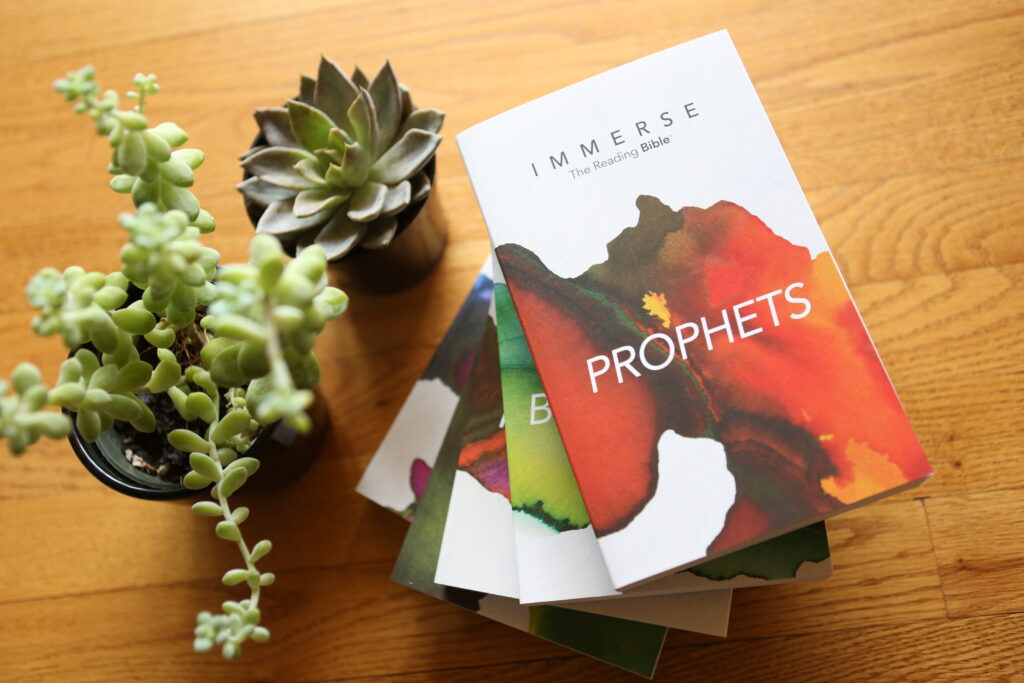
Then, in a crucial move to enhance better reading, we’ve removed all the modern additives. So there are no chapter and verse intrusions, no footnotes, no section headings or cross-references—all features that tend to distract readers and work against big, immersive reading of whole books. This allows us to present each book with its natural literary sections intact. So the five natural sections of Matthew’s new Torah can be clearly seen, letters look like letters, songs like songs, proverbs like proverbs, etc.—all across the literature of the Bible. This restores the Bible to the kinds of literary forms that authors chose and God inspired and helps us to have a more authentic interpretation.
Finally, we’ve designed each page for easy and smooth reading. The single-column text, comfortable type size, and generous margins and line spacing—all surrounding the clear, straight-forward New Living Translation text—make for a significantly rich Bible reading experience.
What is your vision for normalizing Bible “book clubs,” and how are these different from Bible studies?
The original experiences of God’s people with the Bible were all communal experiences. Before the books were written down, ancient stories were being recounted and passed on to new generations; prophets were delivering their oracles openly and publicly at city gates and Temple entrances; and regular, ongoing Bible readings and discussions were organized in local synagogues. Traditions about Jesus were being told and retold in villages and early Christian gatherings. All of this was done in community.
Then, even when the Scriptures were first written, the copies were few in number and always read aloud in groups. Think of the apostles’ first letters to churches as an example. These would have been written down, transported, and then read to gathered followers of Jesus, most of whom were not literate. People overwhelmingly heard the Bible read, and they listened together.
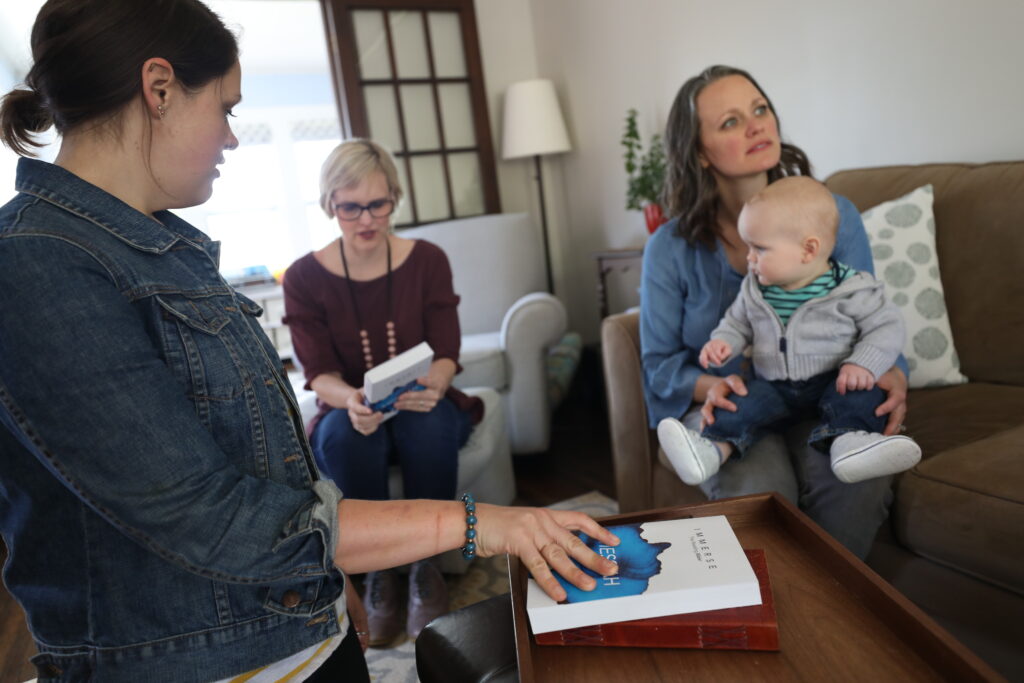
It was only much later in church history that technological advances gave individuals the chance to have their own copy to read alone. Personal use of the Bible began to replace the previous communal experiences.
Personal reading of the Bible is, of course, a great thing, and none of us should stop that. But something different and very important happens when we read the Bible in community. It’s crucial to remember that the Bible’s own goal is the formation of a distinctive Christian community of people. It is addressed to communities and meant to be lived out as communities.
When we read and discuss the Bible together, we get beyond our own biases and filters. We get to hear how the sacred text impacts others. We see more and learn more. Our own personal understanding is enhanced. It is also important for us to practice the virtues (the fruit of the Spirit) required for true community. Patient listening, striving to understand the point of view of my neighbor, and shared learning are all critical parts of being a genuine Christ-following community.
Traditional Bible studies tend to focus on dissecting smaller parts of the Bible text. While there is certainly value in doing that, what’s been missing from the church’s experience with the Bible is taking in the messages of whole books and having bigger, more open-ended discussions about them.

A book club approach to our gatherings around the Bible is a fresh way for Christian communities to read, learn, and even struggle with the Bible together. And if we were to embrace this as a regular, ongoing pattern of the Christian life, we could begin to see more serious discipleship in understanding and following the way of Jesus. Not just in our personal lives, but our community presence is meant to be a witness to the coming of God’s gracious rule into the world.
The first vision of God’s people for engaging the Bible was a pattern of lectio continua—the continual (weekly or even daily) immersion of the community into whole books of the Bible. Ongoing penetration into the depths of God’s word allowed gatherings of believers to understand all that God had said before and to effectively live into the story in their own day. A re-envisioning of church life today—around deep engagement in the word of God—could strengthen our struggling churches and empower a new sense of identity and calling.
How do you think Immerse and the other work of the Institute for Bible Reading can help the church?
Once upon a time, God’s people were known as the People of the Book. Israel developed the only religion in the ancient world that was so deeply oriented toward a set of sacred texts. Then the earliest followers of Jesus, who were all Jewish and were shaped by this orientation, continued this profound commitment to reading, knowing, and living by the Scriptures.
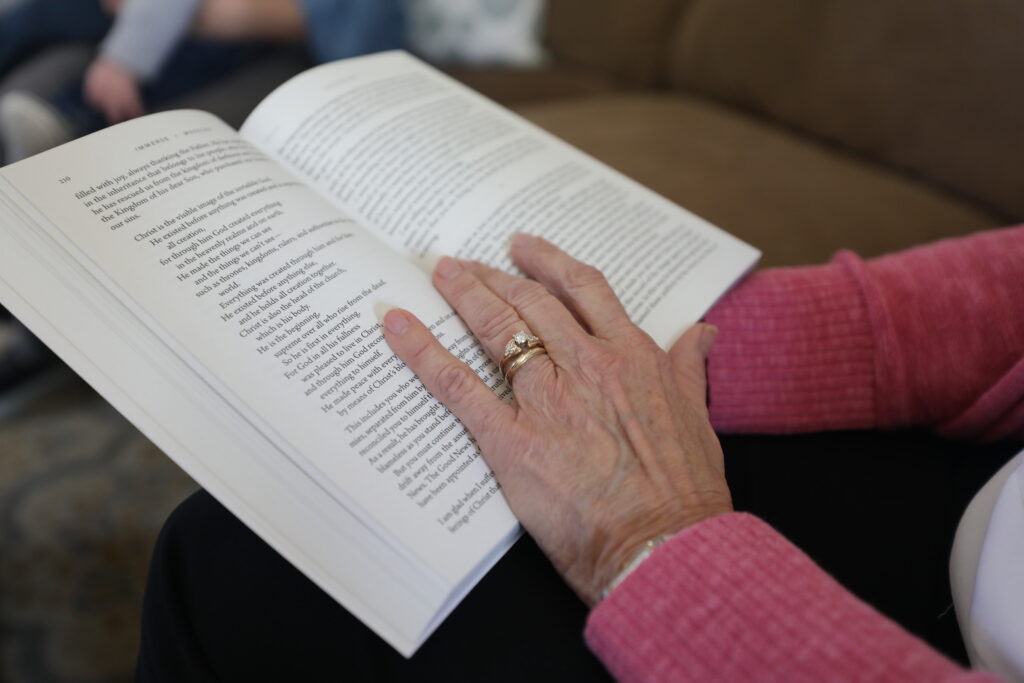
The early church did whatever it took to make sure every new congregation of believers in the growing movement had access to the Scriptures and were regularly engaged with them. This happened in a world where 90% of the population was illiterate. The practice of reading through the Bible in regular cycles was brought from Judaism right into Christianity. At one point, being a lector, or Bible reader, was an official church office. It was considered essential in early Christianity that all of God’s people were consistently and significantly occupied with God’s word.
We have fallen from this. The work of the Institute for Bible Reading is geared toward helping the church regain this status and rediscover God’s story found in the Bible. We believe that a renewed commitment from church leaders, together with great new resources that surprise people with the Bible, are the things that can feed genuine renewal in the church. The Scriptures are infused with the power of God to bring real transformation into individual lives and into the life of the world. We believed and practiced it once, and we can do so again.
Learn more about Immerse: The Bible Reading Experience
Learn more about the Institute for Bible Reading

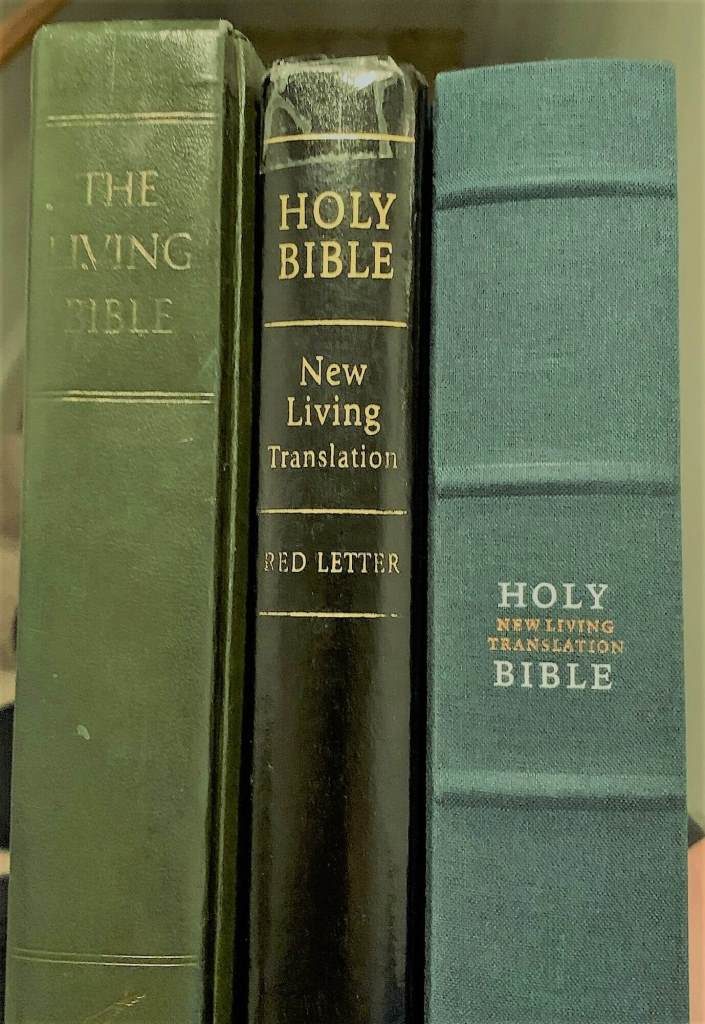
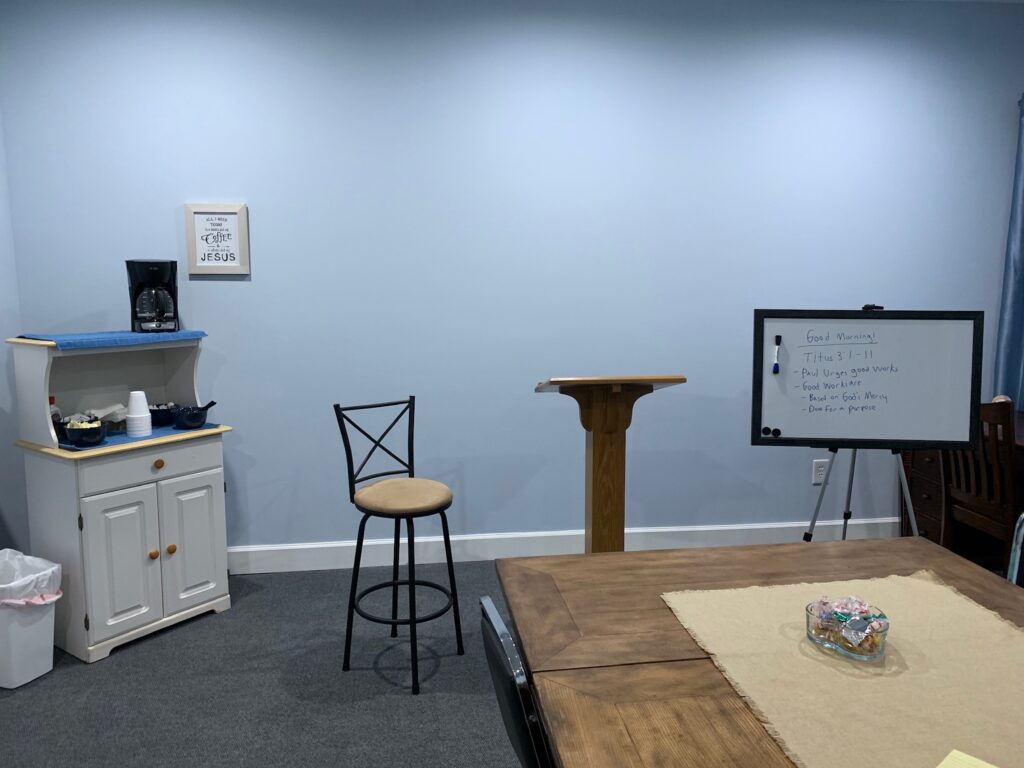
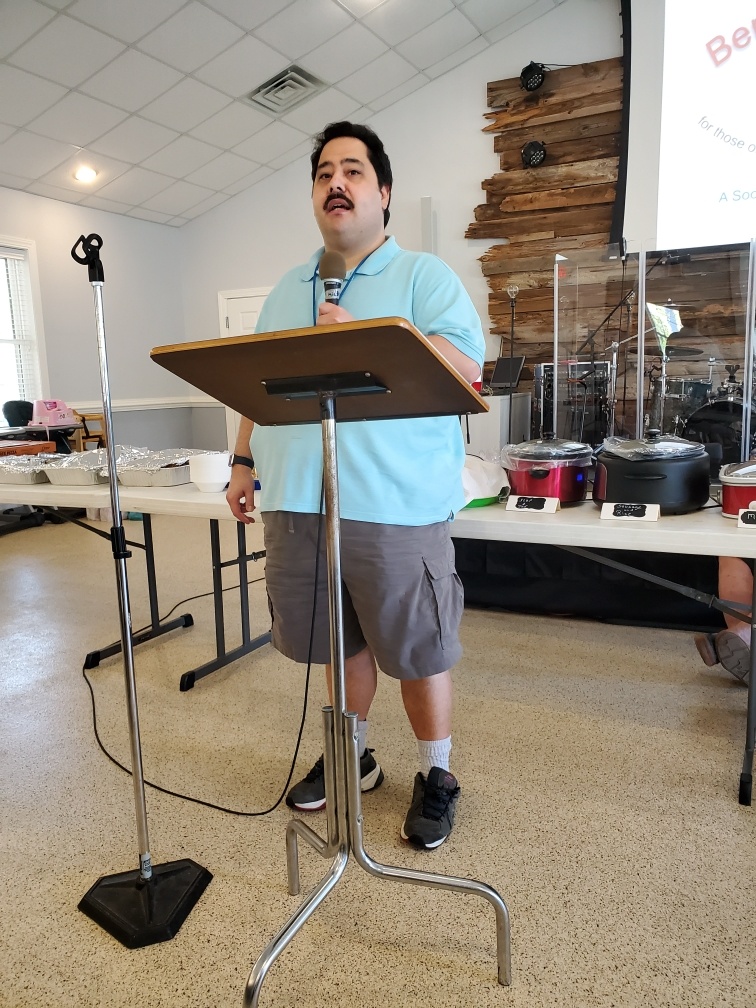



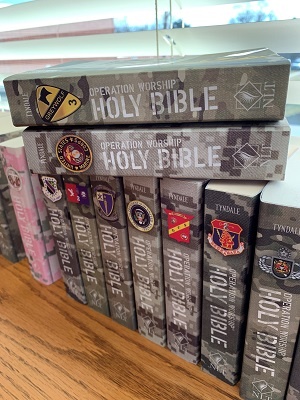











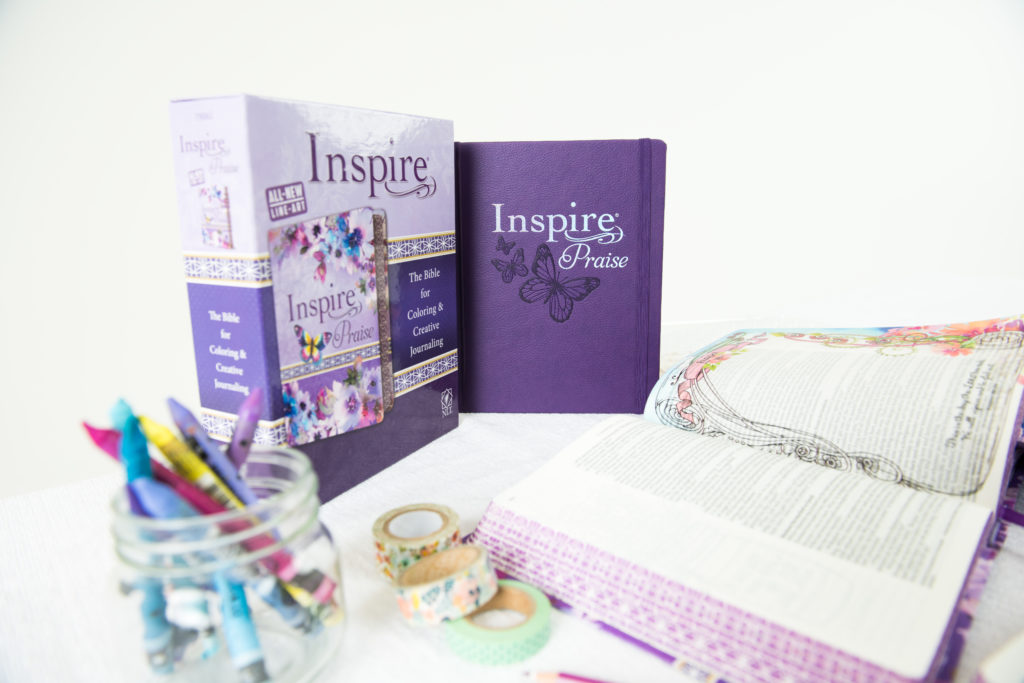








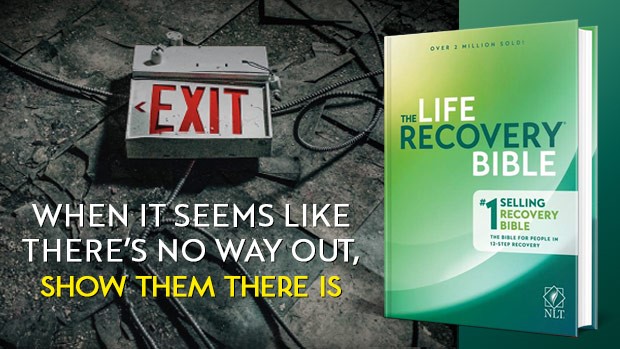

Recent Comments